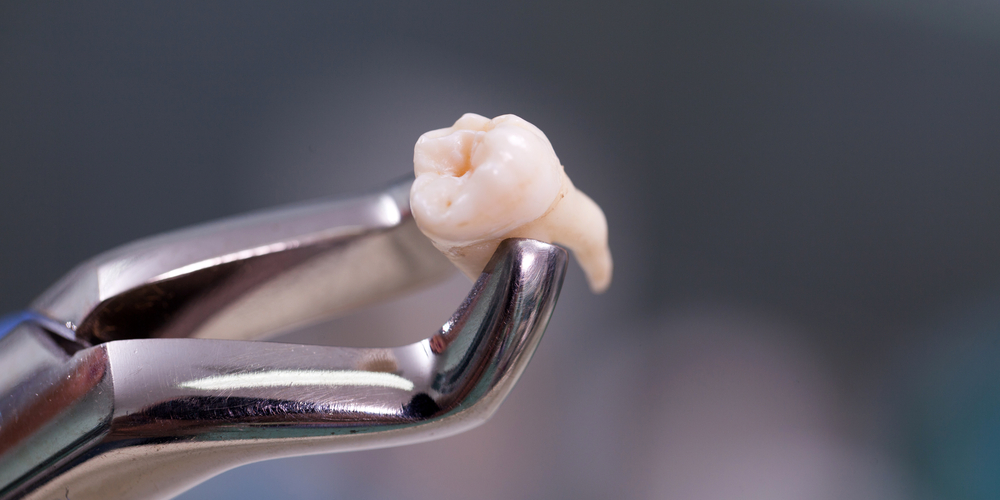
An extraction is the removal of a tooth or several teeth which is too badly damaged or decayed to be repaired. Extractions are performed by a general dentist or in the case of impacted wisdom teeth, by an oral surgeon. An oral surgeon will perform this procedure in hospital using a general anaesthetic.
According to a news article (8 April 2009), there has been a noticeable increase in the number of extractions carried out. As an example: more than 175,000 people in the UK underwent an extraction in 2008.
There are a variety of reasons for this increase but the fact remains that extractions will continue if the situation warrants it, e.g. tooth decay. And this coincides with an increase in the number of cases of tooth decay, particularly in young children.
REASONS FOR EXTRACTIONS
These include:
- Tooth decay
- Gum disease, e.g. periodontitis which has resulted in loose teeth.
- Fractured tooth
- Abscess
- Impacted wisdom teeth
There are alternatives to an extraction which include root canal treatment, antibiotics and crowns. But an extraction is often necessary in serious cases or where these alternatives have failed.
EXTRACTION PROCEDURE
If the procedure is to be performed under a general anaesthetic then it will be carried out in hospital.
Cases involving a local anaesthetic are carried out at a dental practice.
The dentist will inject a local anaesthetic into the side of the mouth and will check that it has numbed the area before proceeding. They will use a pair of dental forceps to grip hold of the tooth before rocking it from side to side to free it from its socket. It is then lifted out of the socket.
You will be given a clean pad to press over the empty socket to stop the bleeding. A blood clot will form in the socket: do not touch this as aids with healing.
If a clot fails to form or it becomes dislodged it can lead to a painful condition called ‘dry socket’. This results in severe pain, halitosis and an infection. See your dentist if this occurs.
Follow any instructions provided by your dentist or oral surgeon for your recovery.